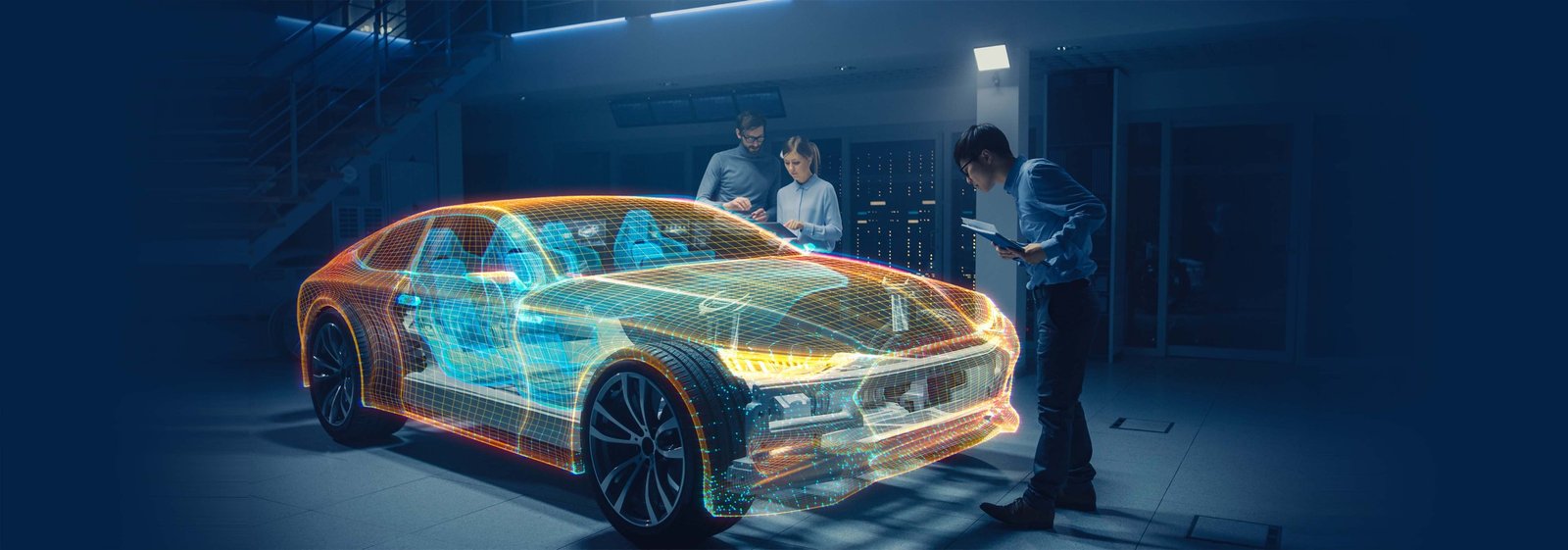How to Protect Your Car from Cyber Attacks
With advancements in technology, cars have become smarter and more connected. However, this increased connectivity also makes them more vulnerable to cyber-attacks. Learning how to protect your car from cyber-attacks is crucial for ensuring the safety and security of your vehicle and personal information. In this article, we will explore several strategies to help you safeguard your car from potential cyber threats.

Understand the Risks of Car Cyber Attacks
Modern vehicles are equipped with various digital systems such as infotainment units, GPS navigation, and even internet connectivity. While these features enhance convenience and driving experience, they also open up potential gateways for cybercriminals. Hackers can exploit these systems to gain control of your car’s functions or access sensitive data. By understanding these risks, you can take proactive steps to protect your car from cyber-attacks.
Keep Your Car’s Software Updated
One of the easiest ways to protect your car from cyber-attacks is by ensuring that its software is up-to-date. Manufacturers regularly release software updates to fix bugs, patch security vulnerabilities, and improve overall performance. Therefore, it’s essential to stay on top of these updates.
How to Update Your Car’s Software
Most newer vehicles will automatically prompt you when an update is available, either through the infotainment system or a mobile app. Make sure to follow the instructions provided by the manufacturer to install these updates promptly. If your car doesn’t have automatic updates, check the manufacturer’s website or contact a dealership for guidance on how to update the software manually.
Use Strong, Unique Passwords
Many connected car services require you to set up an account and create passwords. It’s vital to use strong, unique passwords for these accounts to protect your car from cyber-attacks. Avoid using easily guessable information such as your name, birthdate, or simple number sequences.
Tips for Creating Strong Passwords
To create a strong password, use a combination of uppercase and lowercase letters, numbers, and special characters. A password manager can also help generate and store complex passwords securely. Remember to change your passwords regularly and avoid using the same password across multiple accounts.
Limit the Use of Third-Party Apps
While third-party apps can add functionality to your car’s infotainment system, they can also pose significant security risks. Not all apps are created with security in mind, and some may even contain malicious code designed to hack into your vehicle’s systems. To protect your car from cyber-attacks, limit the use of third-party apps and only install those from reputable sources.
Secure Your Vehicle’s Bluetooth and Wi-Fi Connections
Bluetooth and Wi-Fi connections are common features in modern cars, allowing you to connect your phone, stream music, and access the internet. However, these connections can also be exploited by hackers if not properly secured.
Best Practices for Securing Connections
To protect your car from cyber-attacks, make sure to disable Bluetooth and Wi-Fi when not in use. When you do need to use these connections, ensure they are password-protected and avoid connecting to unfamiliar or unsecured networks. Always be cautious when sharing your car’s network with others, as this can increase the risk of unauthorized access.
Be Aware of Phishing Scams
Cybercriminals often use phishing scams to trick individuals into revealing sensitive information or installing malicious software. To protect your car from cyber-attacks, it’s crucial to be aware of these scams and avoid clicking on suspicious links or downloading attachments from unknown sources.
Recognizing Phishing Attempts
Phishing attempts can come in various forms, such as emails, text messages, or even phone calls. Always verify the authenticity of the message or caller before providing any information. If in doubt, contact your car manufacturer or service provider directly to confirm whether the communication is legitimate.
Regularly Monitor for Unusual Activity
Keeping an eye on your car’s digital activity can help you detect and respond to potential cyber threats quickly. Regularly review your vehicle’s dashboard and connected services for any signs of unauthorized access or unusual behavior.
Steps to Monitor Your Car
Check for any unfamiliar devices connected to your car’s network or unexpected software updates. If you notice anything suspicious, contact your car manufacturer or dealership immediately for assistance.
Conclusion
As cars become more connected, understanding how to protect your car from cyber-attacks is more important than ever. By following these tips—keeping your software updated, using strong passwords, securing connections, and being aware of phishing scams—you can significantly reduce the risk of a cyber-attack. Stay vigilant and proactive to ensure your vehicle and personal information remain safe in our increasingly digital world.

